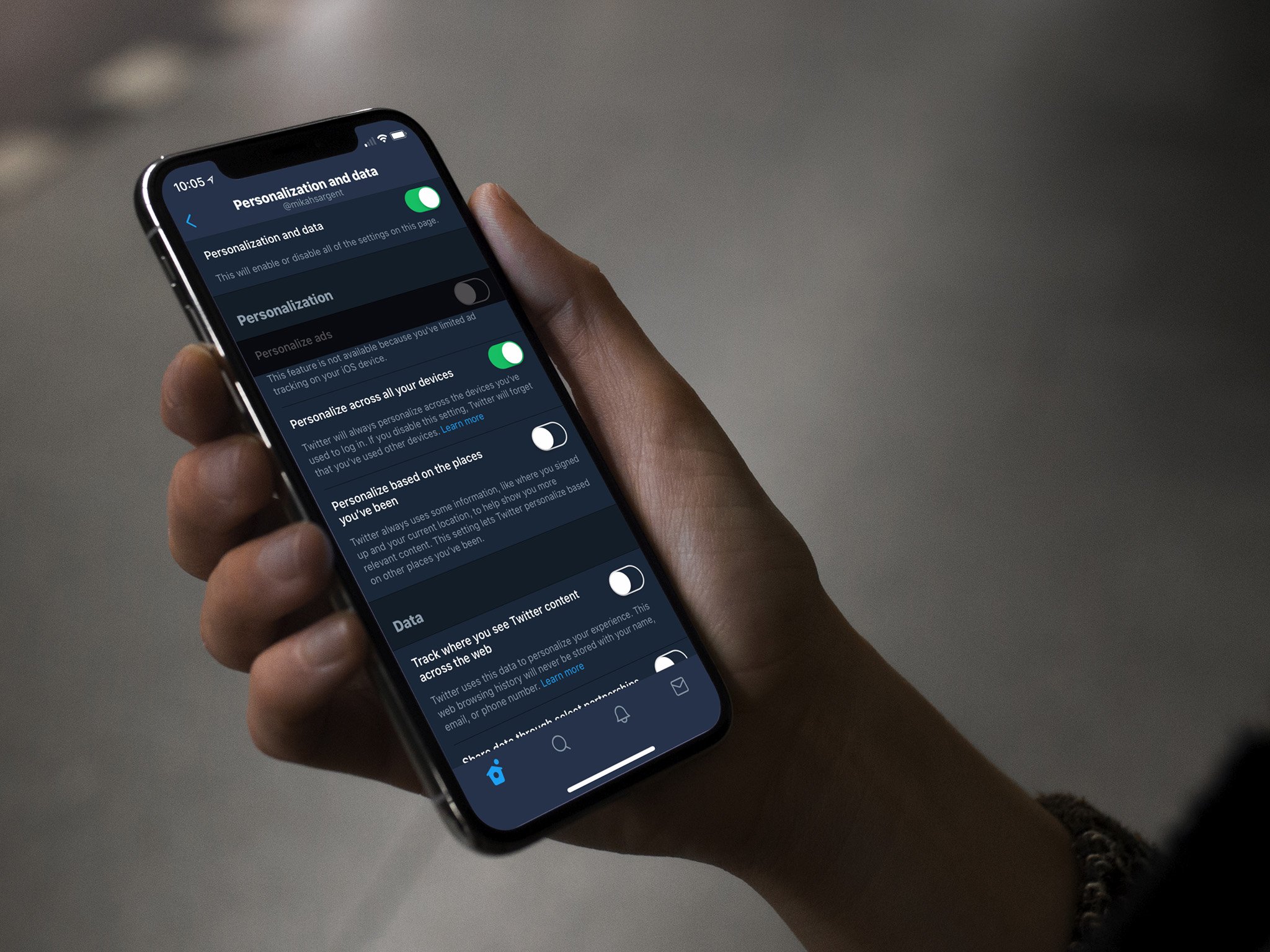iOS 13 has slashed the amount of location data being given over to apps

What you need to know
- iOS 13 has dramatically reduced the amount of user location data being given over to apps.
- A report suggests that opt-in rates for data being shared with apps whilst they aren't in use is now less than 50%.
- That was closer to 100% three years ago.
A report from Digiday claims that Apple's iOS 13 update has dramatically reduced the amount of user location data being shared with apps, particularly whilst they aren't in use.
According to the report:
Apple's iOS 13 update, released in September, includes regular reminders when apps are sucking up a user's location data. The pop-up gives a user a chance to choose from the following options: allowing data collection at all times, or only when the app is open — or only one time. Four months in, ad tech sources are reporting the result that some observers had predicted: There's less location data coming from apps.Right now opt-in rates to share data with apps when they're not in use are often below 50%, said Benoit Grouchko, who runs the ad tech business Teemo that creates software for apps to collect location data. Three years ago those opt-in rates were closer to 100%, he said. Higher opt-in rates prevailed when people weren't aware that they even had a choice. Once installed on a phone, many apps would automatically start sharing a person's location data.
According to the report, iOS 13's features, in particular, the pop-up notifying users about apps that use their data whilst not in use, have halved opt-in rates to less than 50%, down from 100%.
The report states that the new update has both dramatically reduced this figure, but also raised awareness of the fact that people have a choice about what data they share with apps. The report further notes:
Seven in 10 iOS13 location signals analyzed by location-verification business Location Sciences downloaded iOS 13 in the six weeks after it first became available, and 80% of those users stopped all background tracking across their devices.'
It seems that the drop is beginning to impact targeted advertising, as marketers now have much less data at their disposal. One media company, Havas Media, even reported that sales pitches for location-data solutions had fallen as a result. The only upside for the industry, and potential downside for consumers, is that the remaining data that is still available has become even more valuable.
Apple fell foul of criticism recently after it emerged that iOS 13 still seemed to be using location services, even when users had manually turned all potential options off. It turned out that it was in fact the iPhone 11's Ultra-Wideband technology that was causing the issue. The technology is not approved in every country, and the phone was determining whether or not it was able to use the technology in line with regulations. The data wasn't being collected and was kept entirely on the device. Nonetheless, Apple's latest iOS beta includes an option to turn this feature off, however, Apple notes it could disrupt Ultra Wideband.
iMore offers spot-on advice and guidance from our team of experts, with decades of Apple device experience to lean on. Learn more with iMore!

Stephen Warwick has written about Apple for five years at iMore and previously elsewhere. He covers all of iMore's latest breaking news regarding all of Apple's products and services, both hardware and software. Stephen has interviewed industry experts in a range of fields including finance, litigation, security, and more. He also specializes in curating and reviewing audio hardware and has experience beyond journalism in sound engineering, production, and design.
Before becoming a writer Stephen studied Ancient History at University and also worked at Apple for more than two years. Stephen is also a host on the iMore show, a weekly podcast recorded live that discusses the latest in breaking Apple news, as well as featuring fun trivia about all things Apple. Follow him on Twitter @stephenwarwick9
